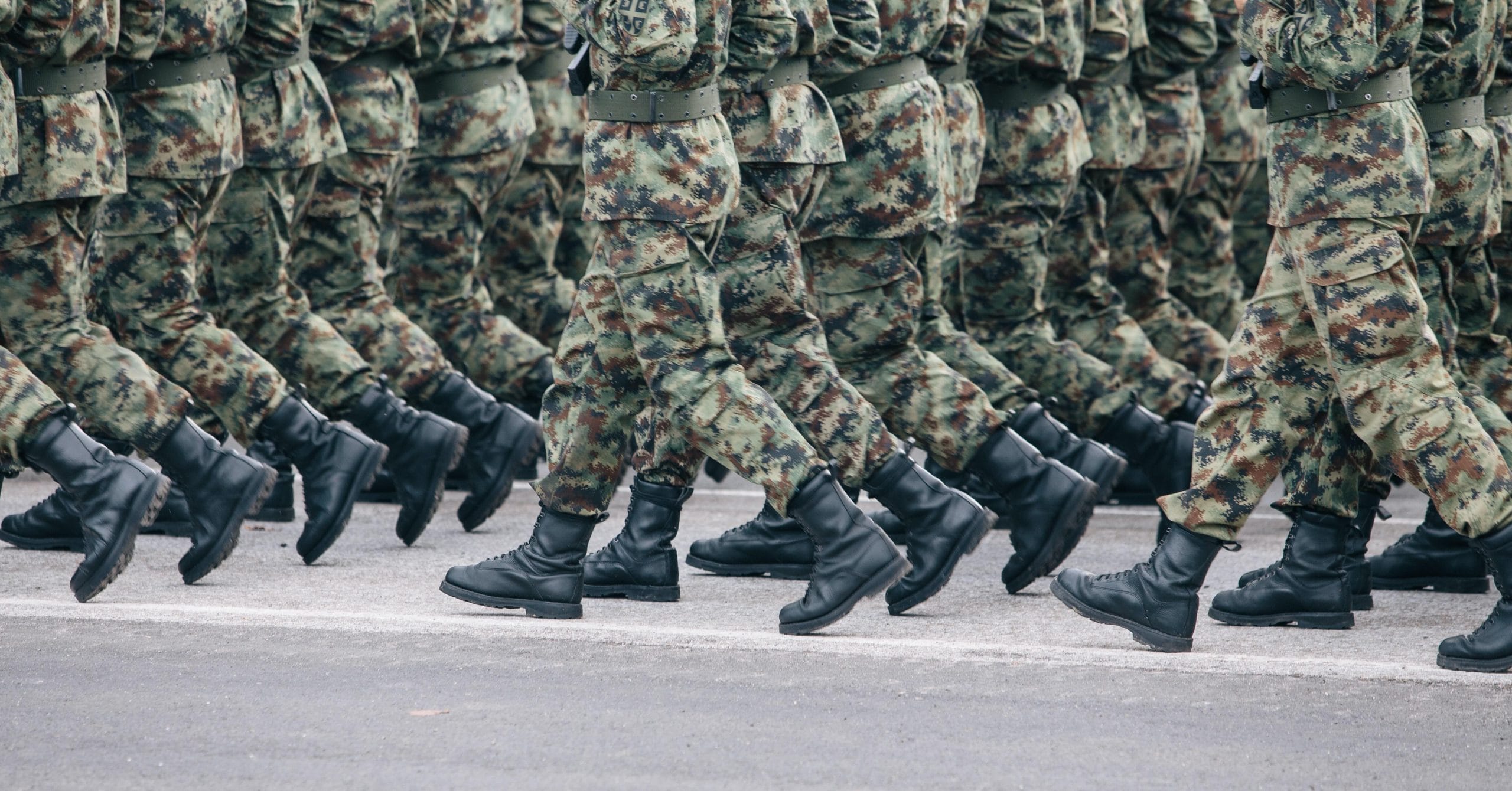In conditions when the Russian army is fighting in Ukraine, and sanctions threaten to “damage” the economy, many are afraid that martial law will be introduced in Russia, and the deposits of Russians will be taken away for the needs of the state. Is this possible?
After Russia recognized the DPR and LPR, the confiscation of property of citizens spoke State Duma deputy Nikolai Arefiev. “If all funds located abroad are blocked, then the government will have no other choice but to seize all the population’s deposits,” he said, alarming Russians. But so far the rhetoric about the seizure of property is mainly directed towards the unfriendly West, and not towards its own citizens. February 28, Deputy Head of the Security Council Dmitry Medvedev threatened the seizure of funds of foreigners in Russia - as a mirror measure against the West, where the money of Russian citizens who are subject to sanctions is seized. And the head of the Russia Today TV channel Margarita Simonyan suggested nationalize IKEA warehouses when the store announced its closure in Russia. After the ban on air travel to many European countries, the Ministry of Transport spoke on the nationalization of foreign aircraft that are leased in Russia.
What does the martial law law say?
Reasons for introducing martial law registered in the relevant law and are associated with an attack by a foreign state: this is a military invasion or its threat, bombing of Russian territory and other hostile actions of other countries. Martial law gives the president even more power than he has in peacetime. In a martial law situation, the state has right cancel elections, strictly control the work of the media, ban public events, introduce a curfew, restrict entry and exit from the country. There is also such a clause: “Confiscation, in accordance with federal laws, of property necessary for defense needs from organizations and citizens, with subsequent payment by the state of the value of the seized property.” This is a vague wording, which nevertheless allows the property of residents to be taken.
Also in law indicated, that during martial law “measures related to the introduction of temporary restrictions on the implementation of economic and financial activities, the circulation of property, and the free movement of goods, services and financial resources are possible.”
In what other cases can the state take away property?
Martial law has not yet been introduced in modern Russia, but the seizure of property from citizens has occurred more than once. Russians' fear that their bank deposits will disappear is likely driven by memories of 1992. Then the deposits of Soviet citizens in Sberbank burned as a result of “shock therapy” and hyperinflation. Technically, no one took these deposits - they simply depreciated. However, this is another reason for those who remember the early 1990s to fear for their money. That's probably why people are nervous reacted, when at the beginning of the pandemic in 2020, Chairman of the Accounts Chamber Kudrin said: the population’s money on bank deposits could help the state and credit institutions survive difficult times. Finance portals even had to analyze this statement and explain: Kudrin did not mean that citizens would have their savings taken away.
Then, in the first year of the pandemic, when everyone was discussing the impact of lockdowns on the economy, the Central Bank on its Facebook page published a historical text about the seizure of citizens’ deposits during the Great Patriotic War. The text had to be deleted and an explanation placed in its place: “Unfortunately, many people interpreted it incorrectly. To avoid further speculation, we have deleted this post."
According to the current legislation of the Russian Federation, seizure or confiscation of property is possible only by court decision. And such confiscations also happen regularly: for example, if a road is supposed to go where someone’s house stands, or if a new city block is going to be built on the site of summer cottages. Law assumes monetary compensation for such seizure of real estate.
But such cases still cause scandals: for example, this happened during the preparations for the 2014 Olympics in Sochi. Then the houses and gardens of the inhabitants of the Imereti Lowland were leveled to the ground: this place is now the Sochi Olympic Park. Demolitions touched about 5000 people. In return for residents offered resettle them to other plots of land. And the Sochi residents responded insistedthat their property is valued too cheaply when paying compensation.
However, even a court decision is not always necessary. For example, the police law allows police officers “use” the vehicles of organizations, and in emergency cases (for example, chasing a criminal) even personal cars of citizens. The funded part of the pension has been “frozen” for eight years: it goes to payments to current pensioners. And it will remain like this at least until 2024 - the State Duma regularly extends freezing. And on March 8, the Central Bank of Russia limited issuance of currency from the accounts of Russians. Now people can withdraw no more than $10,000 from foreign currency accounts; the rest can only be withdrawn in rubles. This is not a freeze or confiscation yet, but in fact citizens cannot use their money as they want.
So the state can take away property from citizens (or limit its use) both with the help of martial law and without it. If there was no martial law in the new Russia, then the seizure of property on various scales happened more than once.

Is it true
Read on the topic:
If you find a spelling or grammatical error, please let us know by highlighting the error text and clicking Ctrl+Enter.






